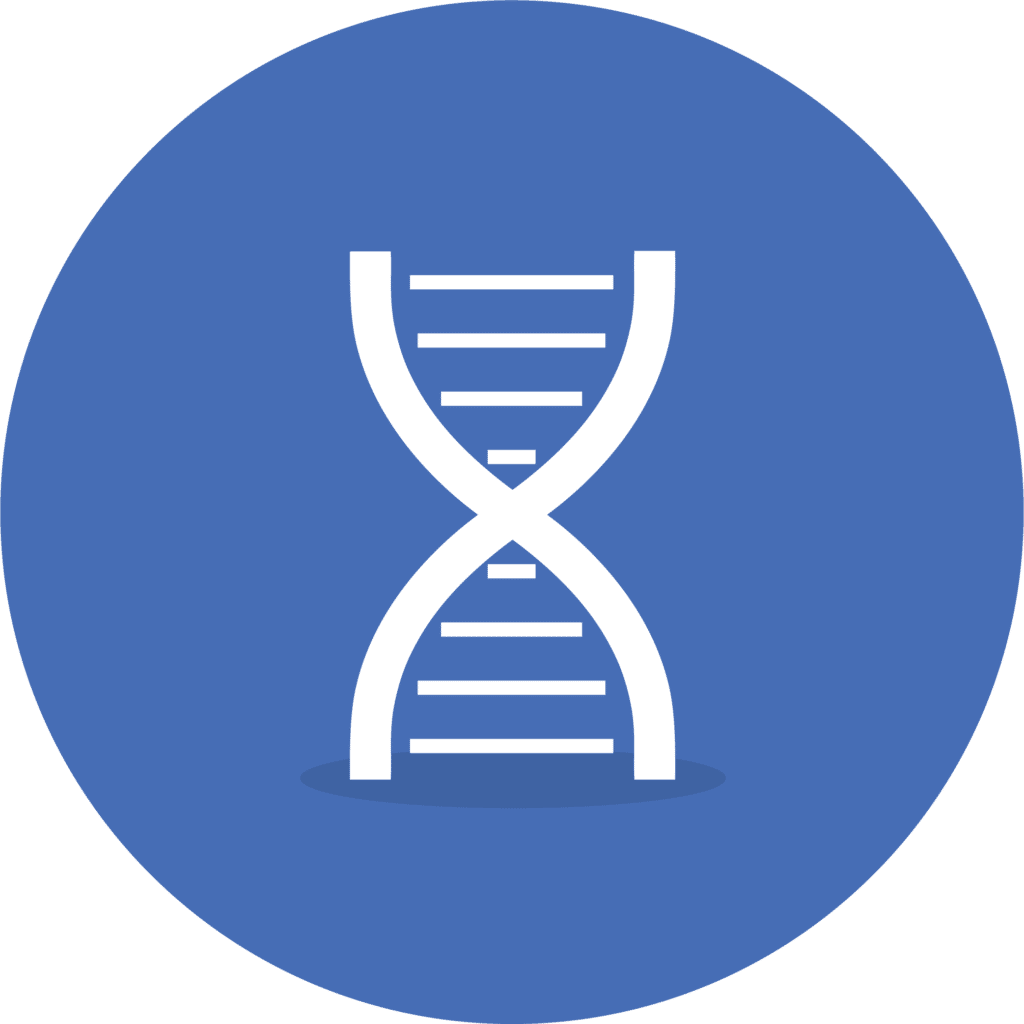Diagnostic Criteria

In 2021, the International Tuberous Sclerosis Complex Consensus Group reviewed prevalence and specificity of TSC-associated clinical manifestations and updated the TSC diagnostic criteria published in 2013.
The clinical and genetic diagnostic criteria of 2021 are summarised below.
You can get a printable pdf of both the diagnostic criteria and the surveillance and management guidelines by clicking here.
Understanding TSC
Clinical Criteria
Definite Diagnosis*:
A definite diagnosis of TSC (Tuberous Sclerosis Complex) will be made when an individual has either:
- 2 major features;
OR
- 1 major feature with 2 minor features.
Possible Diagnosis:
A possible diagnosis of TSC (Tuberous Sclerosis Complex) will be made when an individual has either:
- 1 major feature;
OR
- 1 major and 1 minor feature; or more than 2 minor features.
*A combination of the two major clinical features Lymphangioleiomyomatosis (LAM) and Angiomyolipomas without other features does not meet criteria for a Definite Diagnosis.
Major Features

Angiofibromas (3 or more) or forehead plaque

Hypomelanotic macules (3 or more at least 5 mm diameter)

Ungual fibromas (2 or more)

Multiple cortical tubers and/or radial migration lines (incl. tubers and cerebral white matter radial migration lines)

Subependymal nodule(s) (2 or more)

Lymphangioleiomyomatosis
(LAM)*

Angiomyolipomas (2 or more)*
Minor Features
Note: blue hyperlinks show where further information is available on this website.
Genetic Testing Criteria
Either a TSC1 or TSC2 pathogenic mutation is sufficient to make a Definite Diagnosis of TSC. A pathogenic mutation is defined as a sequence variant that clearly prevents TSC1 or TSC2 protein production. Additionally, some mutations compatible with protein production are well established as disease-causing and as sufficient to make a Definite Diagnosis of TSC. Other variants should be considered with caution.



